Views: 16
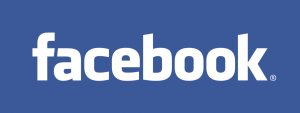
The Facebook co-founder Chris Hughes made a personal, riveting case for breaking up Facebook in a new essay published in The New York Times today. His argument hinges on the idea that Mark Zuckerberg is a “good, kind person” but one whose “power is unprecedented and un-American” and whose “influence is staggering, far beyond that of anyone else in the private sector or in government.”
A major, if not the, reason to break up Facebook is that, as the philosopher Kanye West once put it: “No one man should have all that power.” What makes the situation complicated, however, is that the type of power Mark Zuckerberg holds is what’s actually unprecedented.
In the terms of traditional power, Facebook and its CEO are not overwhelming by historical or contemporary standards. Militarily, of course, Facebook is a non-entity. Mark Zuckerberg commands no world-class army, which ranks him significantly below Chinese, American, and Russian leaders.
Politically, Zuckerberg has no base, and despite being very famous, is quite unpopular. Culturally, Zuckerberg does not have the mystique of Steve Jobs, nor has his philanthropy turned him into a wise nobleman like Bill Gates (not yet, anyway).
Financially, his personal fortune is among the world’s top 10, but there are a lot of other billionaires out there these days with comparable fortunes, from space enthusiast Jeff Bezos to the many children of very successful business people.
Even Mark Zuckerberg’s company, measured by traditional means, is merely strong. Facebook is not among the top 75 revenue-generating companies. It has roughly as many employees as the Arizona mining company Freeport McMoran and the steelmaker Nucor, or roughly 0.01 percent as many as Walmart.
Facebook’s profits land it in the top 15 companies, and its market value is in the top 10 on its perceived potential for growth. Taken as a whole in the context of the global economy, Facebook looks like a very profitable, high-potential company, but it does not stand out on any one metric. (The Saudi oil company Aramco, for example, generated $224 billion in profits in 2018.)
But few companies are as tightly controlled by one person as Facebook is. The company came of age during an era of Silicon Valley in which founders retained remarkable control over their enterprises. By creating different classes of shares with different voting power, Zuckerberg has retained operational control while still selling shares of his company.
“Facebook’s board works more like an advisory committee than an overseer, because Mark controls around 60 percent of voting shares,” Hughes notes in the essay. Even the Ford family, which famously created an unusual dual-class share structure in the 1930s, only holds 40 percent voting control of the company.
When it comes to Walmart, another unusually closely held operation, the Walton family owns less than 50 percent. And these are families, with their own conflicts and competing interests. Zuckerberg is both the chief executive and holds the majority of voting shares. There is no institutional check on Zuckerberg.
Yet his power is great. Hughes is correct that we’ve never seen anything like it. Mark Zuckerberg controls Facebook, Instagram, and WhatsApp—three of the five most popular communication tools on the planet, alongside Alphabet’s YouTube and Tencent’s WeChat. In many countries, Zuckerberg’s products are the internet.
They are the medium for information dispersal—like a newspaper or television channel—as well as for peer-to-peer communications—like an old-school telecom network. They are also a crucial ligature for small businesses, as internet home, customer-service desk, and advertising platform, and for direct sales through tools like Facebook Marketplace.
Who is Mark Zuckerberg like? The best parallels might be the newspaper barons like William Randolph Hearst or Rupert Murdoch. But it’s more like if all three broadcast-television networks of the 20th century were owned by the same person, in one corporation that he completely controlled, and that also was the central venue for political speech and finding an electrician. Or maybe, as we’ve argued, he’ll be this generation’s Bob Moses, who, in his quest to remake New York, first acquired power through building, and then by any means necessary.
As Max Read has pointed out, no one can quite figure out what Facebook is, and by extension, no one really knows what Zuckerberg’s power could do. While Mark Zuckerberg has been driven to dominate his corporate rivals, he has yet to use the power that he holds to do anything other than compete (that we know of, at least).
What could an evil Mark Zuckerberg do?
Because Facebook, Inc. has developed the most sophisticated tools for predicting human behavior that the world has ever seen and because its user bases are the largest in the world, the company could exert more persuasive power over more people than has ever been possible.
Facebook gets people to use its products, and it uses the actions that people take to manufacture more useful data about their tendencies, as Shoshana Zuboff has laid out in her book Surveillance Capitalism.
That is to say, all the things we control about interactions with the empire—the friends we have, the photos we post, the text we write—are not the information that Facebook is after. These are the raw material for the machine-learning processes that generate Facebook’s real power: their ability to forecast what you’ll do when faced with a set of choices.
And that power is growing with both the data in the system and the development of the artificial intelligences that feed on it.
Even if Mark Zuckerberg has never used this power for anything other than getting me to buy sneakers, it probably is not a great idea for one person to have so much predictive capacity about the citizens of the world. That Mark Zuckerberg has not done so might be the best argument for breaking up Facebook now—because it’s not too late.
Breaking up the company probably would not (immediately) solve the problems we’ve come to associate with the internet. Who knows, it could even exacerbate them. But it would take one major, under-appreciated risk out of the future: that Mark Zuckerberg decides to wield the tremendous power he has so far eschewed.
Source:News Now.
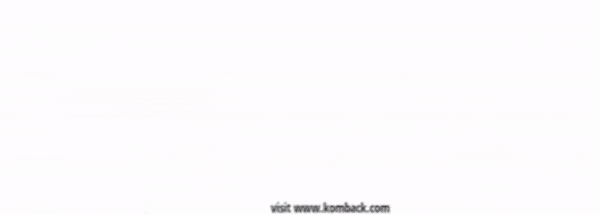
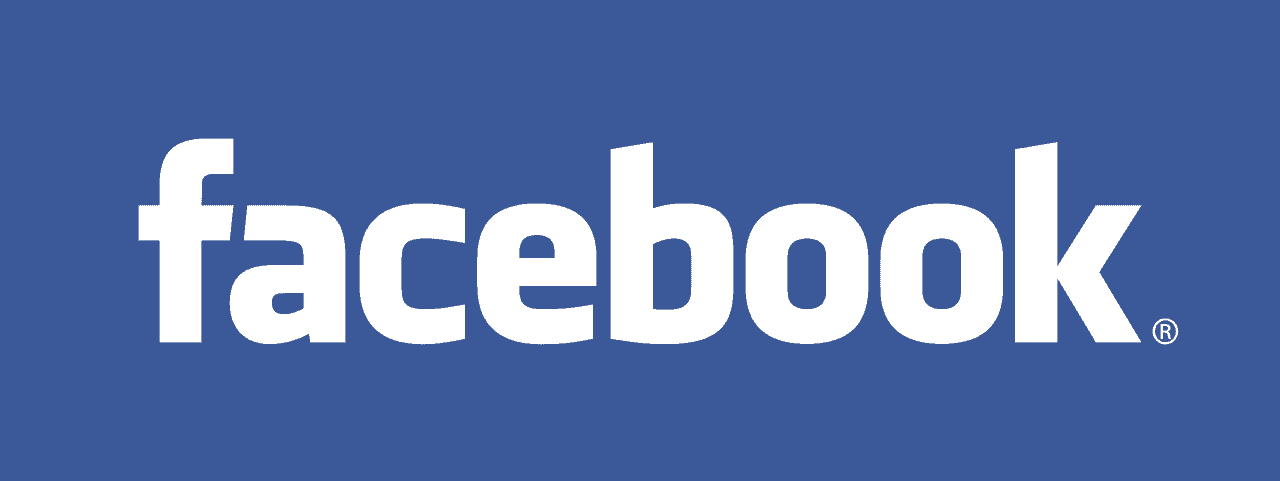
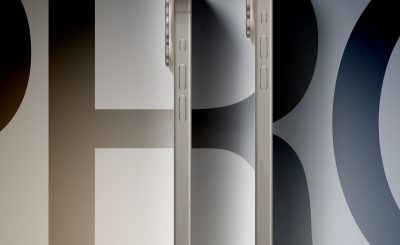
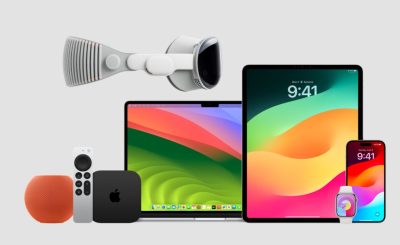

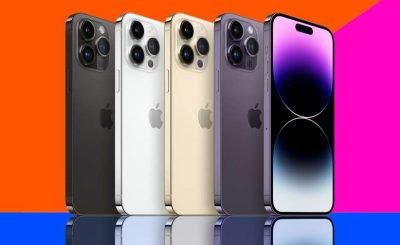

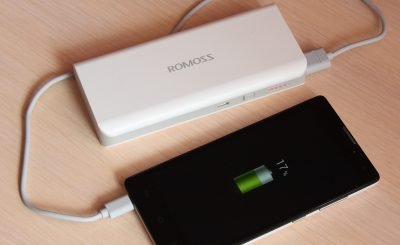
You must be logged in to post a comment.